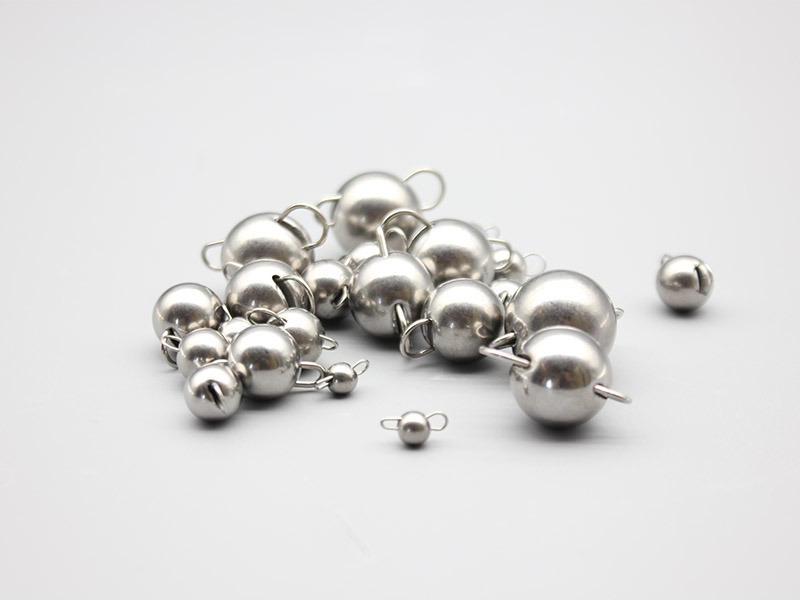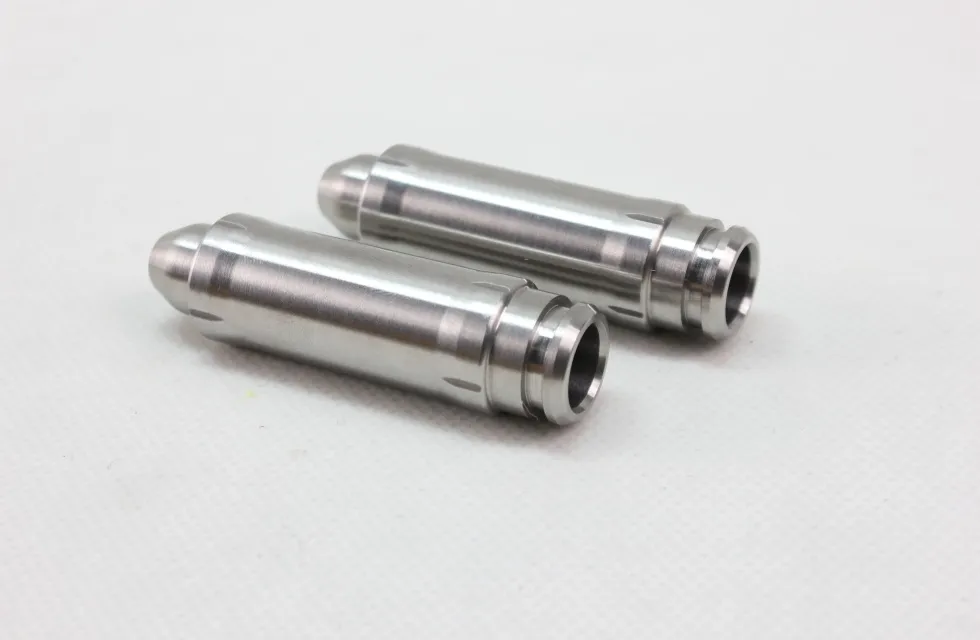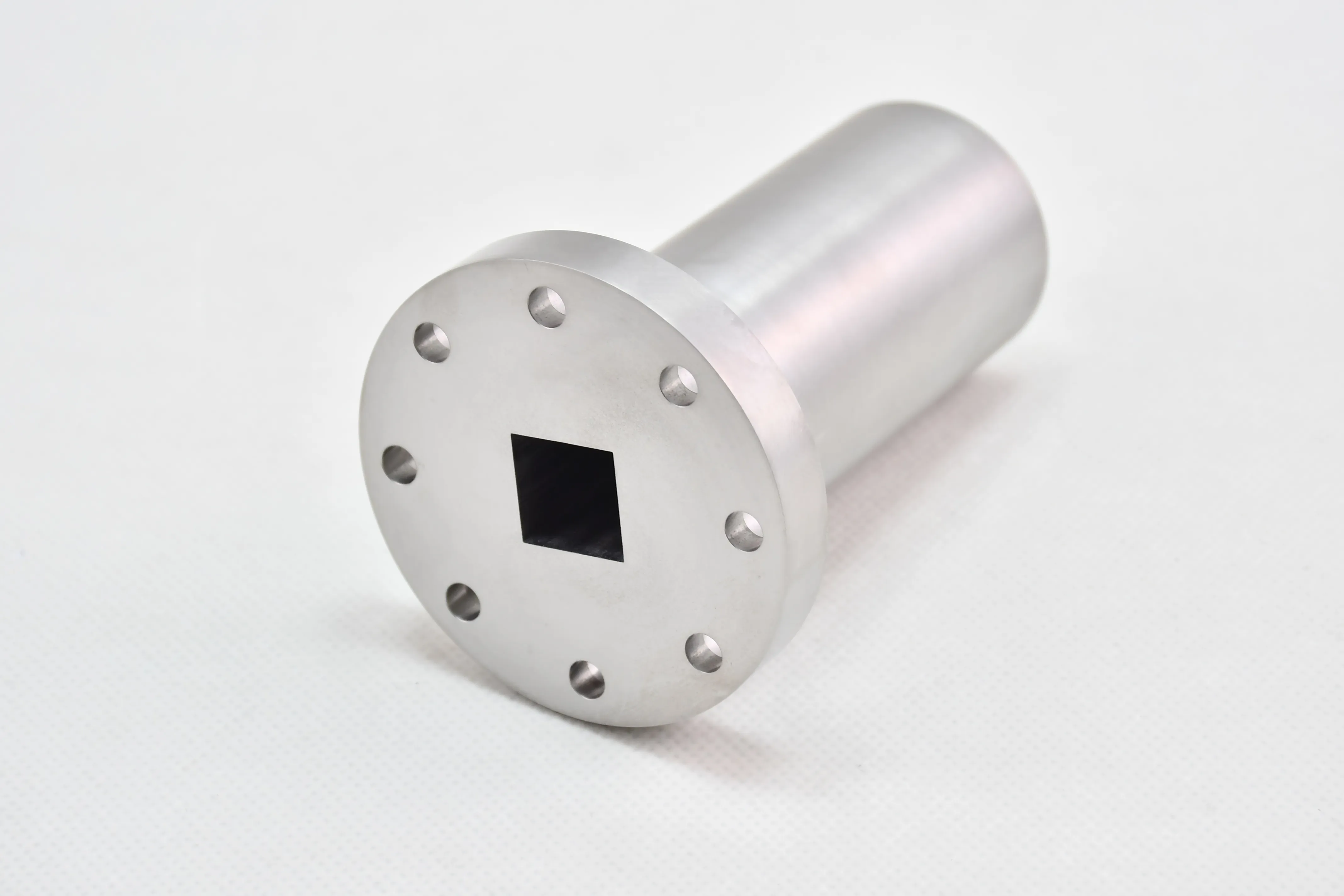tungsten heavy alloy price per kg showcases a remarkable mixture of power, flexibility, and thermal fatigue resistance. It is able to endure high pressure and very high temperatures getting neither through mechanical consistency. The aforementioned properties are a reason for its usage in the aerospace industry, particularly in flight control systems, radiations, and oil drilling. Besides that, its long-term dimensional accuracy cuts down on maintenance frequency while at the same time guaranteeing the quality of output.

Within the healthcare and medical field, tungsten heavy alloy price per kg enjoys a wide application in shielding against radiation and as counterbalance configurations. Safety is critical in diagnosis equipment and groundbreaking technologies such as linear accelerators and gamma cameras. The aforementioned density allows for a smaller and lighter component, without sacrificing protection, which is a key driver of advanced technologies in modern healthcare applications.

{Keywords} provides white space for development in future advanced space exploration applications. As expected, lighter, radiation resistant composites derived from a process involving tungsten heavy alloy price per kg will be needed for deep space missions. The future of tungsten heavy alloy price per kg in further evolving powder metallurgy and 3D forming designs and processes will encourage further innovation for advanced aerospace applications.

Proper operating procedures are particularly important for general durability of tungsten heavy alloy price per kg. Clean regularly, preferably with soft cloths, and store in a location away from magnets or corrosive materials. Look for cracks, wear, or discolorations in surfaces periodically to ensure continued reliability and to maintain safe operating conditions.
tungsten heavy alloy price per kg is suitable for applications that require surface area weight and mechanical strength. The material maintains an excellent wear resistance and has a high thermal stability characteristic. It is commonly found in parts for aerospace balancing, in mold making, and in heavy engineering equipment. Because of its density, tungsten heavy alloy price per kg provides the highest reliability and operational efficiency.
Q: What are the key mechanical properties of Tungsten heavy alloy? A: Tungsten heavy alloy offers high tensile strength, superior hardness, and outstanding resistance to fatigue, ensuring reliability in harsh environments. Q: How does Tungsten heavy alloy perform under extreme heat? A: It retains structural integrity and strength even at elevated temperatures, making it suitable for high-temperature engineering tasks. Q: Why is Tungsten heavy alloy favored for radiation shielding? A: Its high atomic mass and density allow it to effectively block radiation while maintaining structural strength. Q: Is Tungsten heavy alloy environmentally friendly? A: Yes, it is non-toxic and can be recycled efficiently, making it a sustainable material for long-term industrial use. Q: What are the typical compositions of Tungsten heavy alloy? A: It typically contains 90–98% tungsten combined with nickel, copper, or iron to enhance ductility and machinability.
I’ve worked with Tungsten heavy alloy materials for years, and they never disappoint in precision or reliability.
I appreciate that Tungsten heavy alloy is non-toxic yet just as heavy and stable as lead — a smart upgrade.
To protect the privacy of our buyers, only public service email domains like Gmail, Yahoo, and MSN will be displayed. Additionally, only a limited portion of the inquiry content will be shown.
We need tungsten heavy alloy plates for counterweight applications. Please share available thickness...
We are interested in tungsten heavy alloy cylinders for kinetic energy applications. Could you send ...

Copyright © Zhuzhou Jiuding Metal Technology Co., Ltd. All Rights Reserved